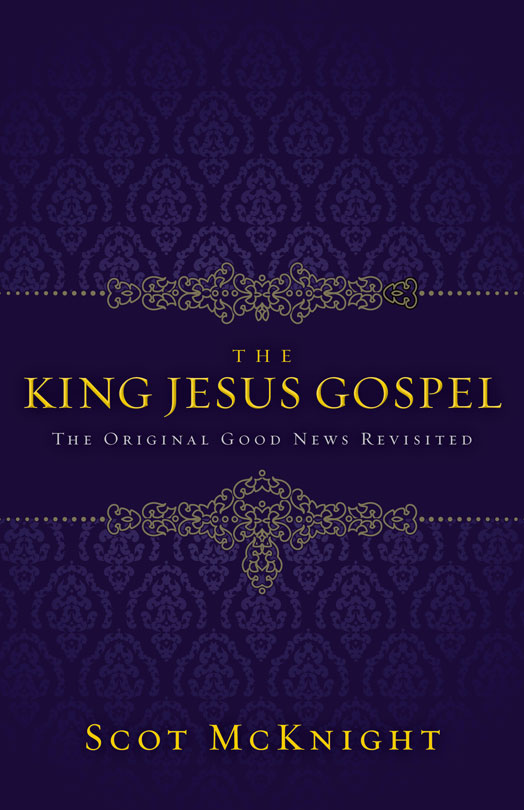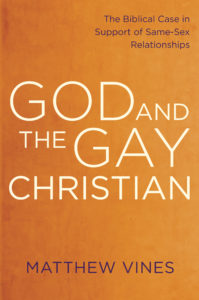
Synopsis
Overall Rating
Final Thoughts
Year Published
2011
Authors
Topics
Synopsis
Final Thoughts
Overall Rating
the good
I agreed with most of what McKnight was saying in this book. perhaps it’s because it fits along with what I learned at Cornerstone (this was a textbook for my Evangelism class, actually). But I also really like McKnight in general, so there’s that.
Anyway, the entire point of this book is that we’ve boiled down the Gospel to a singular part of it. When we talk to people about the gospel we talk so much about the plan of personal salvation. Christ died to save our sins so we could go to heaven. End of story. It’s the good news of personal saving. Which isn’t bad.
But we forget the rest of the news. We forget how God wanted Adam and Eve to live in harmony with him. They blew it. He tried again countless times throughout the OT to live in harmony with his people, they blew it every time. Enter Jesus. Jesus comes and makes it possible for everyone to live in harmony with God because he’s the king, messiah, lord. He’s in charge. Yes, he lived, died, resurrected, and ascended into heaven. Yes, this did pardon our sins.
But it did so much more than that. It completed and fulfilled the law. It put an end to the story that, from the beginning of time, featured us running away from God as he constantly pursued us. It gave us a way to come to Him once and for all. We’re still rebellious. We still run away at times. But the life of Jesus (which is the Gospel- the entire life and story of Jesus, not just his death) allows us to come back to him without consequence.
the bad
This is something I think I say about McKnight every time- he doesn’t know how to condense. He has a habit of saying the same thing three times in one paragraph, or even in three consecutive paragraphs. I understand he wants to get his point across, but when he uses the exact same wording and doesn’t vary at all, it just gets rather lengthy.
Also, while I don’t completely disagree with following the church calendar (I celebrate Advent and Lent), I don’t think it’s as necessary or beneficial as McKnight seems to say it is. Likewise, creeds don’t necessarily need to be read every single service just for the sake of reading them. Yes, they’re beneficial to understand what we believe, but at a point, they become empty words.
final thoughts
I love McKnight. He’s one of my favorite scholars and authors because of his desire to return to the original meaning of things. While I’m all for interpreting for cultural changes, I also think there are things that Christianity has changed over the years that need not be changed. The Gospel being one of those.
McKnight’s book is not the easiest to read. It’s on the heavier side of moderate reading. But I would definitely recommend this book, especially if you’re wrestling with our common idea that personal salvation is the end goal of the gospel and not the full reconciliation of all with God through King Jesus.




